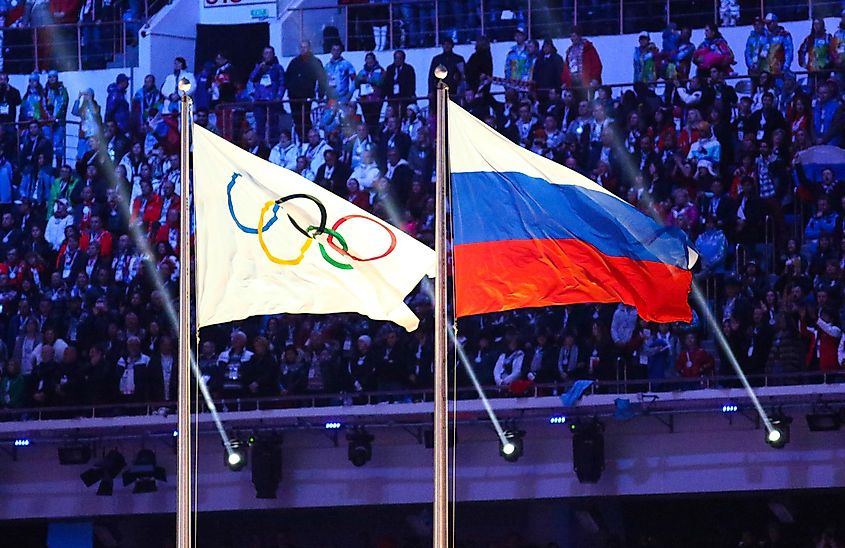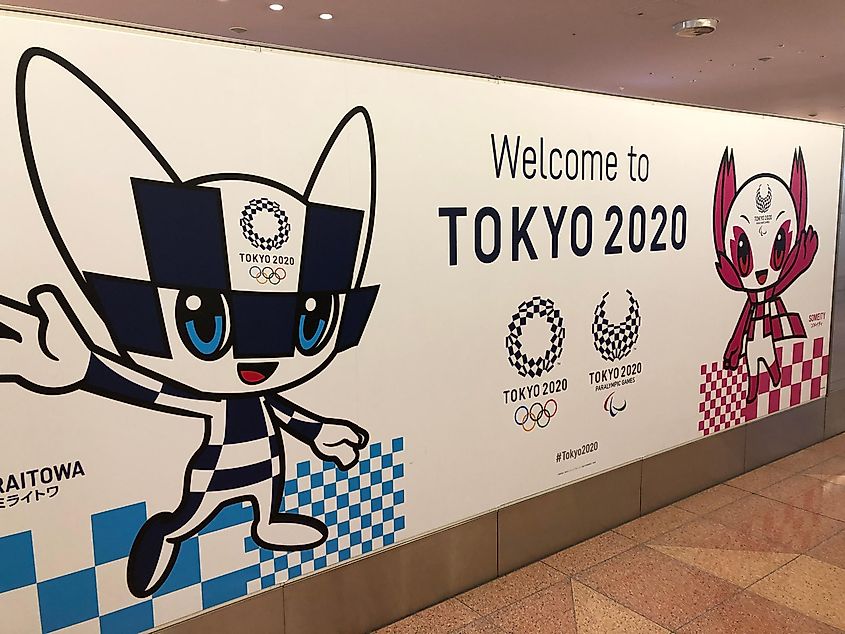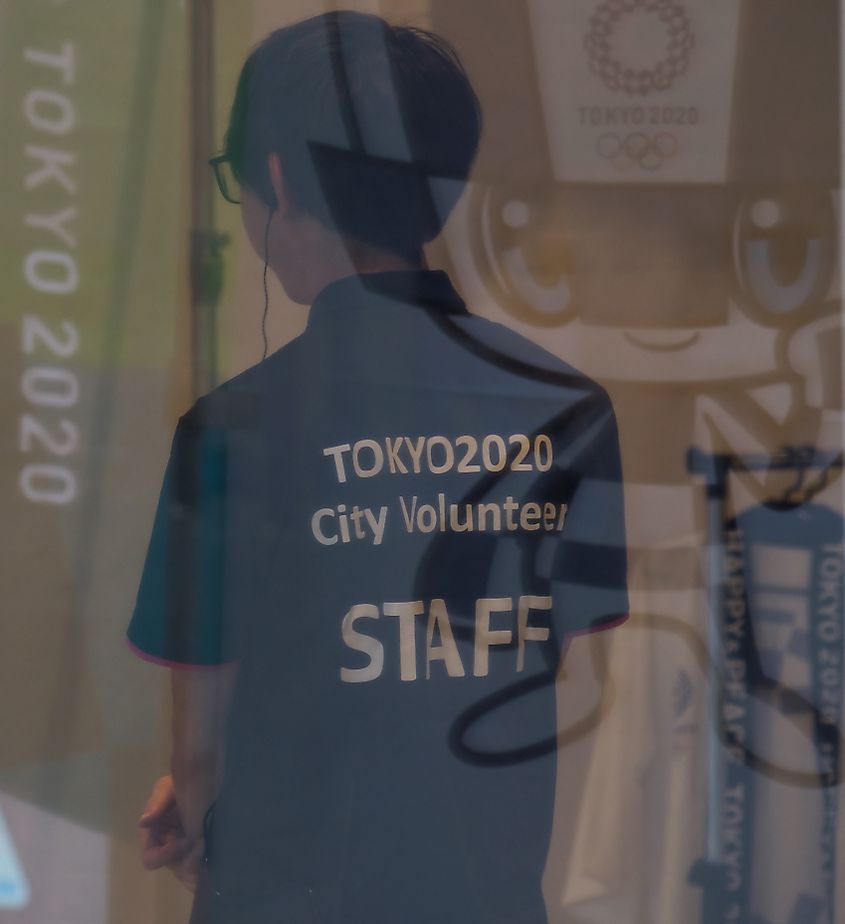Tokyo, Japan is Set To Host The Olympics 2020: Here Are 10 Surprising Facts

Tokyo, Japan will host the Games of the XXXII Olympiads, known colloquially as the 2020 Summer Olympic Games. It was selected as the host city on September 7, 2013, during the 125th International Olympics Committee Session in Argentina, ahead of Madrid and Istanbul. The 339 events, representing 33 different sports, will be held in 42 venues across Tokyo.
The 2020 Olympics will run from July 23 to August 8, 2021, as they were postponed due to the COVID-19 pandemic. Here are 10 surprising facts about the Tokyo 2020 Olympics.
1. Tokyo Twice Lucky

Tokyo will become the first city in Asia to host the Summer Olympic Games twice. The city first hosted the Games 56 years ago in 1964. It will also be the second time that Japan as a country hosts the Summer Games. Japan has also hosted two Winter Olympic Games, at Nagano in 1998 and Sapporo in 1972.
2. Five More Sports At The Tokyo Games

Tokyo 2020 Games will feature 339 events across 33 different sports. Five of the sports are entirely new and have never been featured at the Olympic Games. These sports include skateboarding, baseball, sport climbing, surfing, and karate. No event or sport has been dropped from the 2020 Games.
3. Tokyo 2020 Will Be An Expensive Event

The organizers of the Tokyo Olympics originally estimated that the sporting event would cost $7.5 billion. However, it became clear that the amount was very low and the figure was revised to around $12.6 billion. After the year delay due to the pandemic and the added costs that will be necessary to add health measures to prevent the spread of COVID-19, that figure has gone up to $15.4 billion. Well, future summer games hope to maintain a budget below $10 billion.
4. Torch Relay To Travel Through Japan In 90 Days

The Olympic torch relay will begin its path through Japan on March 25, 2021, beginning in Fukushima and traveling through all 47 prefectures of the country. During its journey, the torch will showcase the varied culture and scenic attractions of the different regions of Japan. The relay will complete its 90-day journey in Tokyo.
5. Russia Will Miss The Action

Russia will not feature as a nation at the Tokyo Olympics after a ban for two years from international competition because of doping-related cases. The ban was proposed by the World Anti-Doping Agency. The agency suspects that Russia may have tampered with the data for its athletes before presenting them to the agency for inspection.
6. Individually Cleared Russian Athletes Will Participate

Russian athletes will be able to compete, but not in an official capacity representing their country and will instead compete under the Olympic flag. They will be allowed to wear the word "Russia" on their jerseys provided "neutral athlete" is included just as prominently. The Russian flag and Russian anthem will not be included in the Olympics, but Russian athletes will be permitted to wear the colors of the flag. Individual athletes will be allowed, but not any team sports.
7. Miraitowa The Mascot Can Travel Into The Future

The mascot for the 2020 Olympic Games is known as Miraitowa. The mascot embodies the spirit of the Olympics as well as Japanese culture. The name Miraitowa is a combination of Japanese words for “future” and “eternity.” The mascot can teleport and is extremely athletic.
8. Field Casts And City Casts To Volunteer At The Games

Tokyo Organizing Committee received over 200,000 applications for volunteers at the Summer Games. However, only a requisite number has been selected for various roles. Those who will volunteer in the city are known as “City Casts” while those who will volunteer at the venues are “Field Casts.”
9. Used Phones And Electronics To Make Medals

Gold, silver, and bronze medals will be up for grabs at the Tokyo 2020 Summer Games. To save on the cost of producing the medals, the TOC has partnered with NTT Docomo and Japan Environmental Sanitation Center to collect used electronics such as mobile phones as material for the medals.
10. Security Will Be Tight At The Venues

While the 2016 Olympic Games were marred by high rates of violent crimes, Tokyo promises to be a safe place for both athletes and their supporters. Tokyo is considered one of the safest cities in the world. The use of drones at Olympic venues has also been banned.











